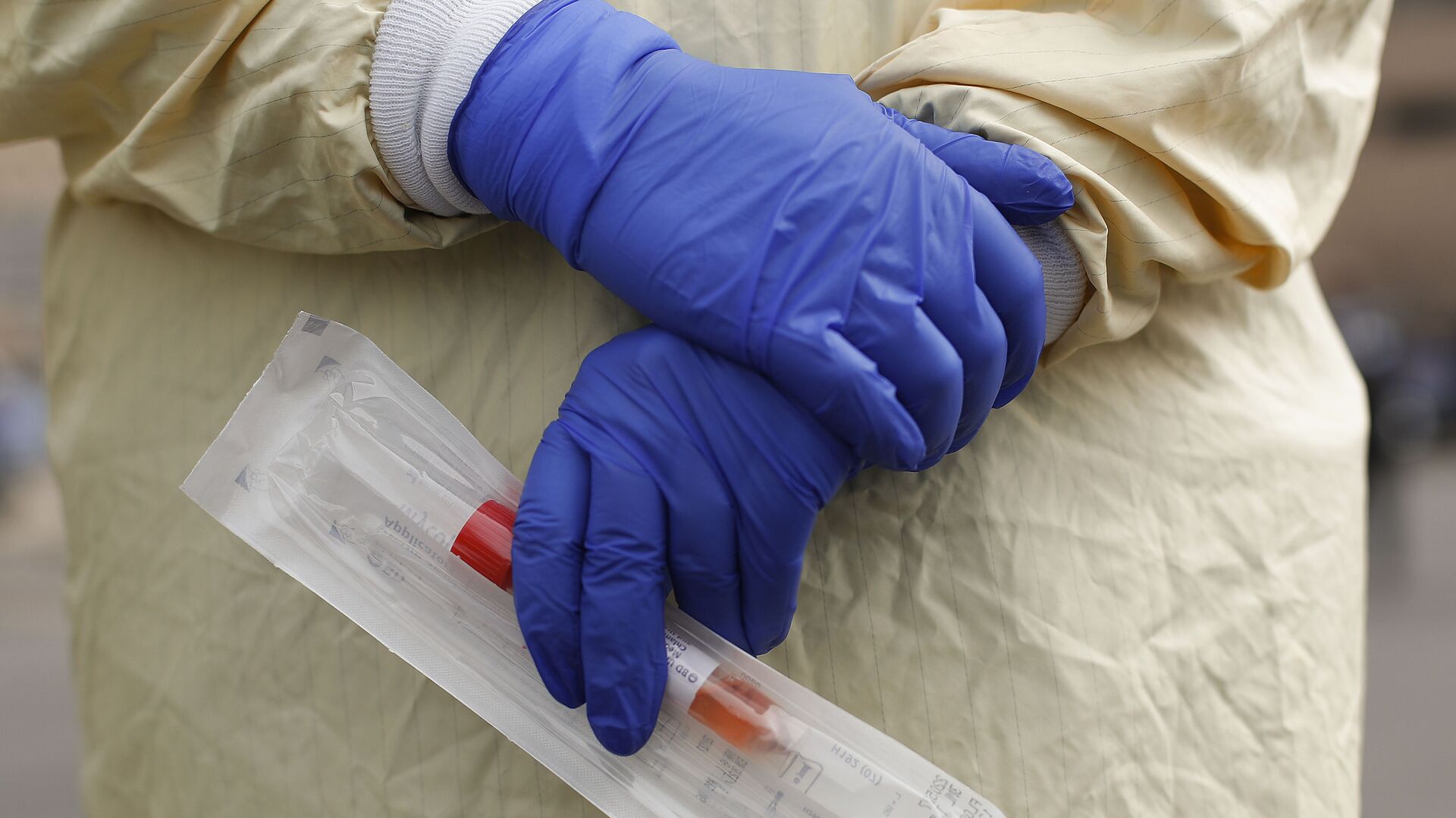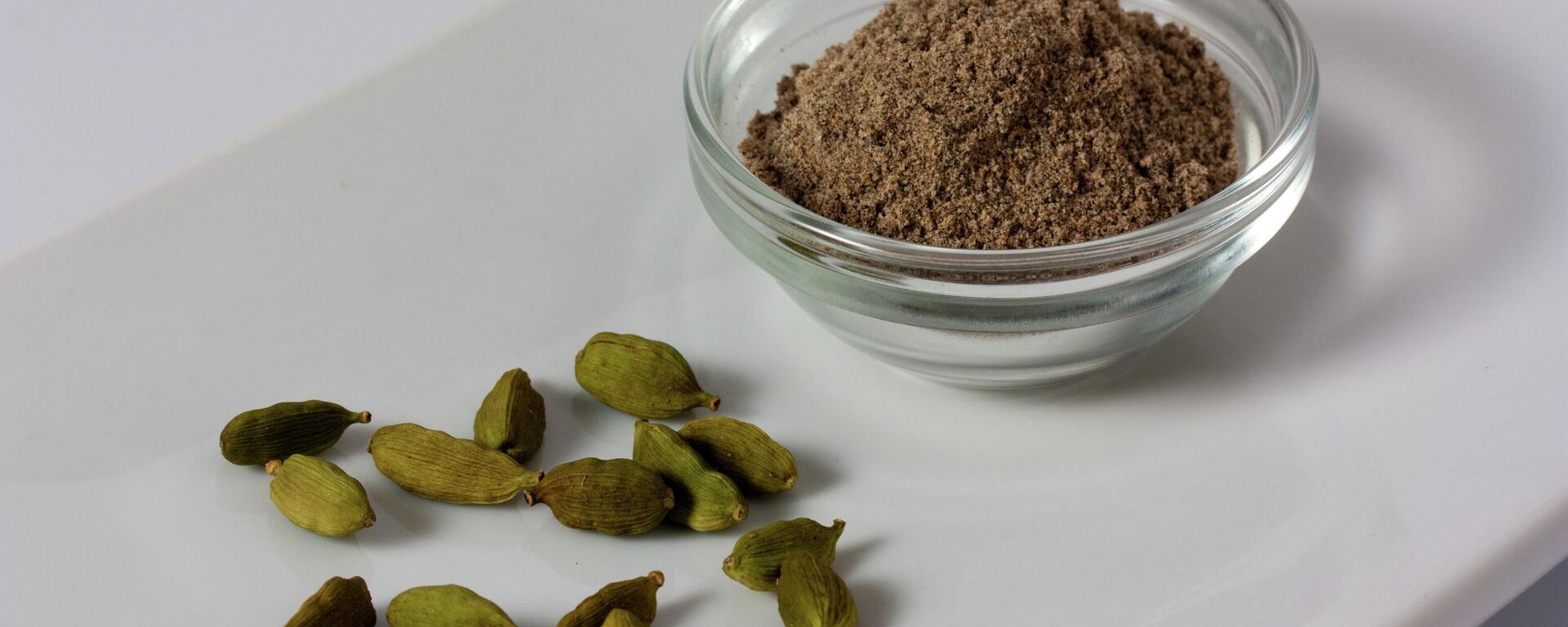https://sputnikglobe.com/20220420/breakthrough-in-oncology-treatment-newly-discovered-bacteria-might-save-thousands-of-lives-1094903537.html
Breakthrough in Oncology Treatment? Newly Discovered Bacteria Might Save 'Thousands' of Lives
Breakthrough in Oncology Treatment? Newly Discovered Bacteria Might Save 'Thousands' of Lives
Sputnik International
With prostate cancer remaining the second most common form of tumour in men worldwide, researchers are doing their best to find an optimal solution to treating... 20.04.2022, Sputnik International
2022-04-20T08:50+0000
2022-04-20T08:50+0000
2023-05-28T15:19+0000
study
cancer
researchers
bacteria
united kingdom (uk)
https://cdn1.img.sputnikglobe.com/img/107859/58/1078595868_0:162:3065:1886_1920x0_80_0_0_0f26344d9afe1c7f7d7fefe960c6eeb9.jpg
Five species of bacteria linked to aggressive prostate cancer have been detected by British scientists — a discovery that is expected to add to stemming the deadly disease, a new study reveals.The research, led by the University of East Anglia and published in the journal European Urology Oncology, is based on the results of sophisticated genetic analyses of the urine and prostate tissue of more than 600 men with and without prostate cancer.The researchers said that they do not yet know how people pick up the bacteria, or whether they are causing the disease. The hope is that the study will help pave the way for treatments that could target the bacteria and tackle the development of prostate cancer.Rachel Hurst from University of East Anglia said that she and her colleagues had managed to detect “several types of bacteria associated with aggressive prostate cancer, some of which are new types of bacteria never found before”.She voiced hope that the findings “could lead to new treatment options that could slow or prevent aggressive prostate cancer from developing”. According to Hurst, "our work could also lay the foundations for new tests that use bacteria to predict the most effective treatment for each man’s cancer”. That was echoed by Hayley Luxton of Prostate Cancer UK, which co-funded the research, describing the study as “an exciting discovery that has the potential to truly revolutionise treatment for men”.The set of bacteria found by the University of East Anglia’s team include Anaerococcus, Peptoniphilus, Porphyromonas, Fenollaria and Fusobacterium. The team worked with researchers at the Norfolk and Norwich University Hospital, the Quadram Institute, and other collaborators.
https://sputnikglobe.com/20220404/natural-compound-that-has-unexpected-effects-in-treating-breast-cancer-1094472171.html
united kingdom (uk)
Sputnik International
feedback@sputniknews.com
+74956456601
MIA „Rossiya Segodnya“
2022
Oleg Burunov
https://cdn1.img.sputnikglobe.com/img/07e4/09/0b/1080424846_0:0:2048:2048_100x100_80_0_0_3d7b461f8a98586fa3fe739930816aea.jpg
Oleg Burunov
https://cdn1.img.sputnikglobe.com/img/07e4/09/0b/1080424846_0:0:2048:2048_100x100_80_0_0_3d7b461f8a98586fa3fe739930816aea.jpg
News
en_EN
Sputnik International
feedback@sputniknews.com
+74956456601
MIA „Rossiya Segodnya“
Sputnik International
feedback@sputniknews.com
+74956456601
MIA „Rossiya Segodnya“
Oleg Burunov
https://cdn1.img.sputnikglobe.com/img/07e4/09/0b/1080424846_0:0:2048:2048_100x100_80_0_0_3d7b461f8a98586fa3fe739930816aea.jpg
study, cancer, researchers, bacteria, united kingdom (uk)
study, cancer, researchers, bacteria, united kingdom (uk)
Breakthrough in Oncology Treatment? Newly Discovered Bacteria Might Save 'Thousands' of Lives
08:50 GMT 20.04.2022 (Updated: 15:19 GMT 28.05.2023) With prostate cancer remaining the second most common form of tumour in men worldwide, researchers are doing their best to find an optimal solution to treating and preventing the disease.
Five species of bacteria linked to aggressive prostate cancer have been detected by
British scientists — a discovery that is expected to add to stemming the deadly disease, a new study reveals.
The research, led by the University of East Anglia and published in the journal European Urology Oncology, is based on the results of sophisticated genetic analyses of the urine and prostate tissue of more than 600 men with and without prostate cancer.
The researchers said that they do not yet know how people pick up the bacteria, or whether they are causing the disease. The hope is that the study will help pave the way for treatments that could target the bacteria and tackle the development of prostate cancer.
Rachel Hurst from University of East Anglia said that she and her colleagues had managed to detect “several types of bacteria associated with aggressive prostate cancer, some of which are new types of bacteria never found before”.
“When any of these specific anaerobic bacteria were detected in the patient’s samples, it was linked to the presence of higher grades of prostate cancer and more rapid progression to aggressive disease. We also identified potential biological mechanisms of how these bacteria may be linked to cancer”, Hurst added.
She voiced hope that the findings “could lead to new treatment options that could slow or prevent aggressive prostate cancer from developing”. According to Hurst, "our work could also lay the foundations for new tests that use bacteria to predict the most effective treatment for each man’s cancer”.
That was echoed by Hayley Luxton of Prostate Cancer UK, which co-funded the research, describing the study as “an exciting discovery that has the potential to truly revolutionise treatment for men”.
“If the team can demonstrate that these newly identified bacteria can not only predict, but actually cause aggressive prostate cancer, for the first time we may actually be able to prevent prostate cancer occurring. This would be a huge breakthrough that could save thousands of lives each year”, Luxton said.
The set of bacteria found by the University of East Anglia’s team include Anaerococcus, Peptoniphilus, Porphyromonas, Fenollaria and Fusobacterium. The team worked with researchers at the Norfolk and Norwich University Hospital, the Quadram Institute, and other collaborators.



